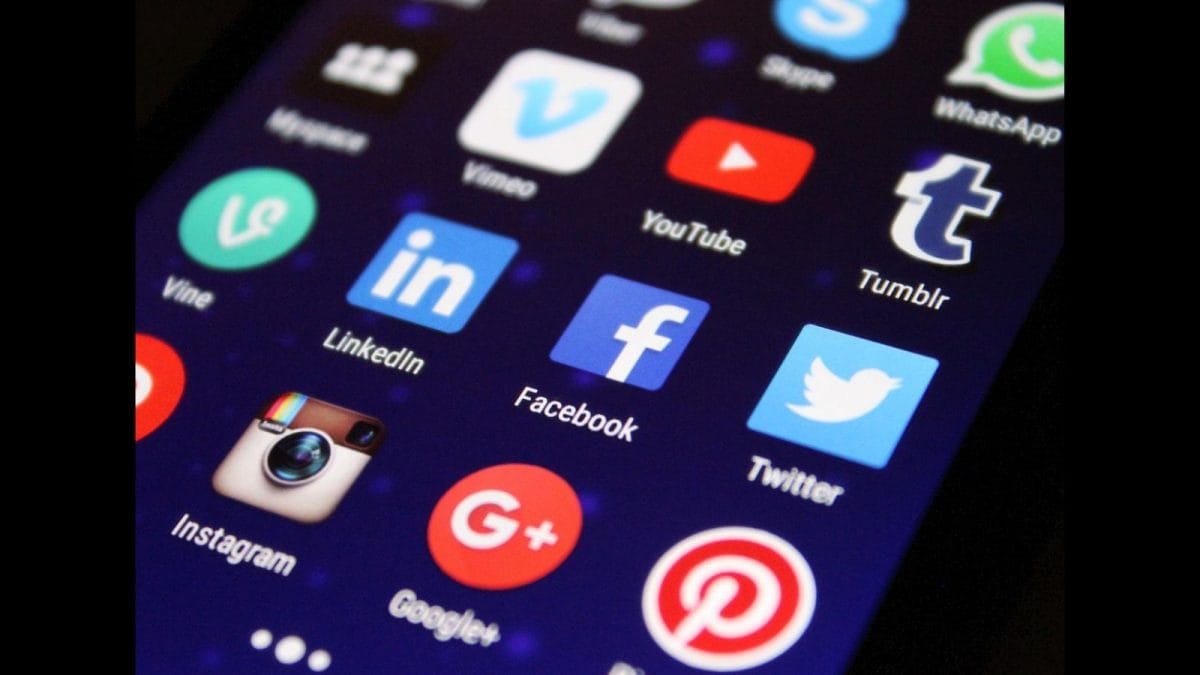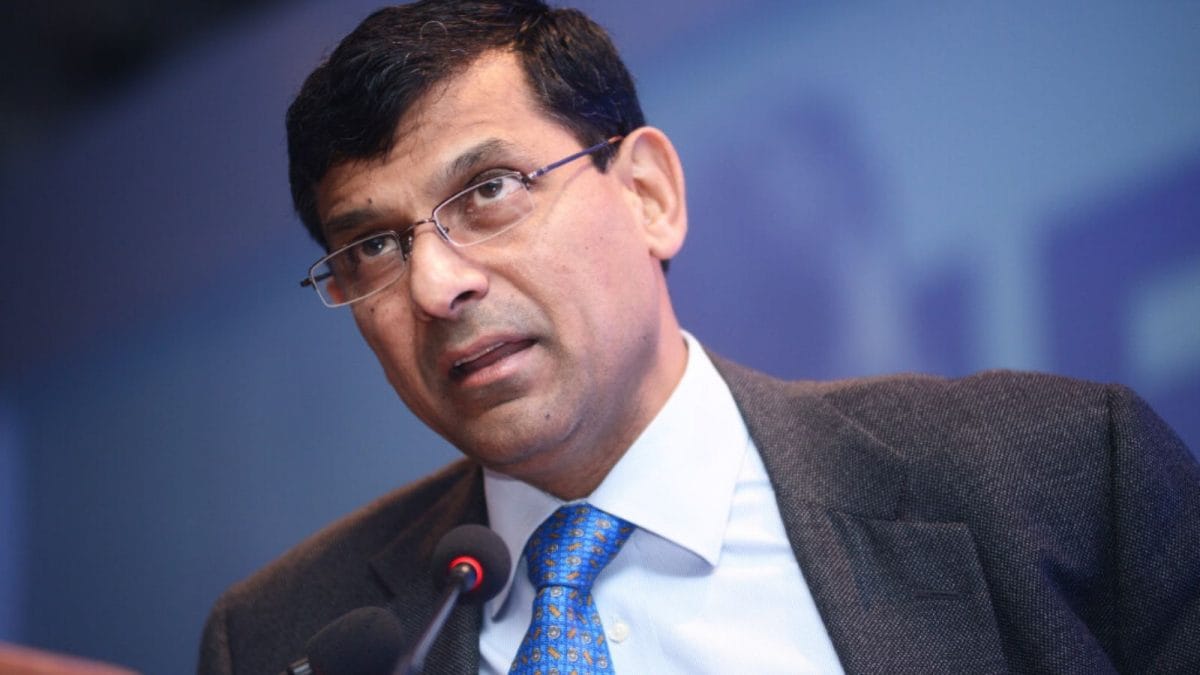Last Updated:November 13, 2025, 16:29 IST
In his opinion, author Ross Douthat argued that "liberal feminism", which emphasises equality, empathy, and workplace accountability, has upended traditional corporate structures

Many highlighted that resistance to gender equality often stems from discomfort among those accustomed to old hierarchies.
A recent headline in The New York Times has ignited a storm of controversy across social media platforms, forcing the publication to alter its wording within hours. The international newspaper initially ran a provocative headline, “Did Women Ruin the Workplace?", for a column by NYT opinion writer Ross Douthat. The piece triggered an immediate backlash, with readers accusing the outlet of misogyny and regressive framing.
Following intense criticism on Twitter, Instagram, and other platforms, The New York Times replaced the headline with a revised version, “Did Liberal Feminism Ruin the Workplace?", going on to ask, “And if so, can conservative feminism fix it?"
However, the modification did little to contain the uproar. While the headline changed, the content of the article remained the same, prompting many to accuse the publication of attempting damage control rather than acknowledging the core issue.
In his opinion essay, presented in both written and podcast formats, Ross Douthat argued that “liberal feminism", which emphasises equality, empathy, and workplace accountability, has upended traditional corporate structures. He claimed that “woke" ideals, the #MeToo movement, harassment training, maternity benefits, and flexible work schedules have damaged the conventional work culture. Douthat proposed what he termed “conservative feminism" as a corrective path, rooted in traditional family values and gender roles.
The argument drew sharp criticism. Social media users and gender equality advocates condemned the suggestion that feminist reforms had “ruined" anything. Commentators noted that workplaces were never inclusive to begin with, and that the entry of women into professional spaces merely exposed long-standing inequities. As one user remarked, the issue was not that women “broke" the system, but that they revealed its cracks.
NYT: Did women ruin the workplace?“A toxic workplace does not become toxic when the issue is vocalized; it was already toxic. The question desires to blame women for ‘creating’ the idea of toxic workplaces when these spaces were already ruined." https://t.co/P1xXa6gfGR
— Amy Diehl, Ph.D. (@amydiehl) November 7, 2025
Opinion | Did Women Ruin the Workplace? https://t.co/4NTFFxs55l via @NYTOpinion Honestly? It seems to me the workplace was ‘ruined’ by powerful men hopped up on viagra and testosterone pills who couldn’t control their urges and unequal pay for all the women doing the actual work.— Vikki Marshall (@VikkiMarshall4) November 7, 2025
Critics further pointed out that demands for fairness, respect, and accountability were being unfairly labelled as threats. “The workplace wasn’t ruined; it was revealed," read one viral post. Many highlighted that resistance to gender equality often stems from discomfort among those accustomed to old hierarchies.
Dear @NYTimes: what the literal hell is wrong with you for allowing this on your op-ed pages?Your headline: Did Liberal Feminism Ruin the Workplace?
No, men did. They ruined the workplace. & they ruined our world. #OverMenhttps://t.co/LtxFtBZ6Xq
— Eileen 🇵🇸 A. Fradenburg Joy (@EileenAJoy) November 6, 2025
“The New York Times asked if liberal feminism ruined the workplace. No, it ruined the era where men could talk over women, take credit for their ideas, and still call themselves ‘leaders’," said an user on X (formerly Twitter).
The New York Times asked if liberal feminism ruined the workplace.No, it ruined the era where men could talk over women, take credit for their ideas,and still call themselves “leaders."— Women A Story (@Womenastory) November 7, 2025
Recent statistics underline the ongoing struggle for gender parity. According to the Labour Organisation’s 2025 report, women make up 40% of the global workforce, yet earn just 52 cents for every US dollar earned by men. Women’s representation in senior management has risen to 29%, up from 17% a decade ago, but the gap remains wide.
The report also noted that workplace harassment continues to be a global concern. In Iceland, one-third of women have faced sexual harassment at work. In India, complaints under the POSH law have increased by 79% in the private sector over the past five years, a rise experts attribute to growing awareness and women’s willingness to report.
The Delhi High Court recently observed that harassment persists in government departments, remarking that “men’s attitudes haven’t changed". Similarly, a South China Morning Post survey found that 34% of women in Hong Kong had experienced harassment but most refrained from reporting it.
While The New York Times has yet to release an official statement addressing the criticism, the episode has rekindled a larger debate about gender equality and media responsibility. Critics argue that the controversy underscores a deeper discomfort with shifting power dynamics at work.
Change, as many observers note, often unsettles those who benefit from the status quo. The modern workplace is indeed evolving, but not collapsing. It is becoming more transparent, inclusive, and accountable. For some, that evolution feels disruptive; for others, it represents long-overdue progress.
First Published:
November 13, 2025, 16:29 IST
News world NYT Op-Ed Titled 'Did Women Ruin The Workplace' Triggers Global Backlash
Disclaimer: Comments reflect users’ views, not News18’s. Please keep discussions respectful and constructive. Abusive, defamatory, or illegal comments will be removed. News18 may disable any comment at its discretion. By posting, you agree to our Terms of Use and Privacy Policy.
Read More

 3 weeks ago
3 weeks ago


















